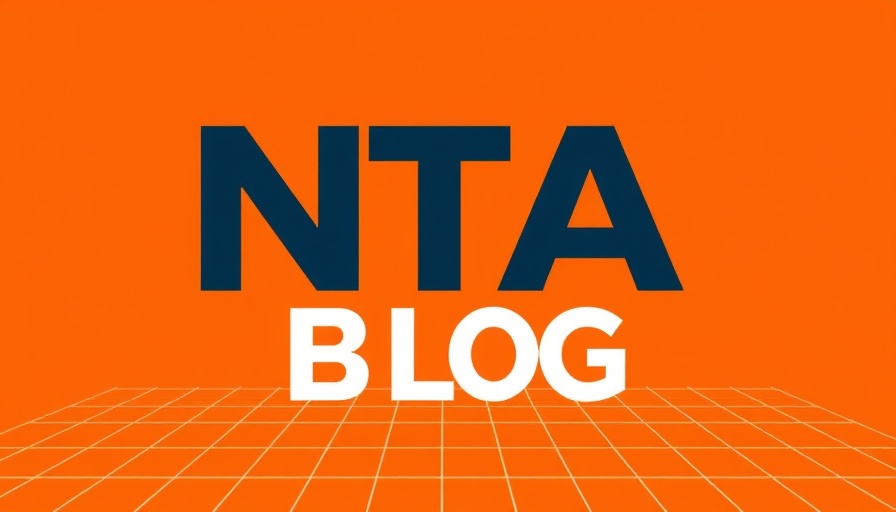
Iran's Bold Attack on U.S. Military Base: Understanding the Implications
In a significant escalation of tensions in the Middle East, Iran launched a "powerful and destructive missile strike" against the U.S. military's Al-Udeid air base in Qatar on June 23, 2025. This strike followed U.S. airstrikes targeting Iranian nuclear facilities, which Iran described as blatant acts of aggression. The timing of the attack indicates a strategic response that could have wide-ranging repercussions for regional stability.
What Happened and Why It Matters
The Al-Udeid air base, home to around 10,000 U.S. service members, is a critical hub for American military operations in the region. Although Qatar’s air defense system reportedly intercepted the missiles, the sheer audacity of Iran's action highlights the rising stakes in U.S.-Iran relations. Explosions reverberated through Qatar's capital, Doha, elevating the alert status for U.S. forces across the Middle East, including those stationed in Iraq and Bahrain.
Impacts on Global Crude Oil Prices
In the wake of this attack, global crude oil prices saw a decline, fueled by fears of escalating conflict but also by uncertainties surrounding supply. Oil markets are sensitive to geopolitical instability, especially in the Gulf region, a vital artery for crude shipments. Such volatility can have lasting effects on economic conditions globally, including for taxpayers who feel the pressure at the pump.
The Broader Context of U.S.-Iran Relations
This missile strike doesn't occur in a vacuum; it encapsulates the ongoing tension between Iran and the U.S. that has persisted for decades. As both nations wrestle with international pressure and internal challenges, the fallout of this conflict could reverberate beyond military concerns—affecting trade, diplomacy, and economic stability in the region.
What We Can Learn
Understanding these international relations dynamics is crucial for taxpayers, particularly as government spending on defense and foreign aid often comes into play during conflicts. The recent attack raises questions about military expenditures and their impact on domestic tax planning. Savvy taxpayers could consider engaging with tax professionals to navigate the complexities of financial strategies during such tumultuous times.
While the tensions between Iran and the U.S. unfold, it serves as a reminder of the impact international affairs can have on our personal finances. Keeping abreast of such developments allows individuals to make informed decisions regarding their tax planning and potential deductions.
 Add Row
Add Row  Add
Add 




Write A Comment